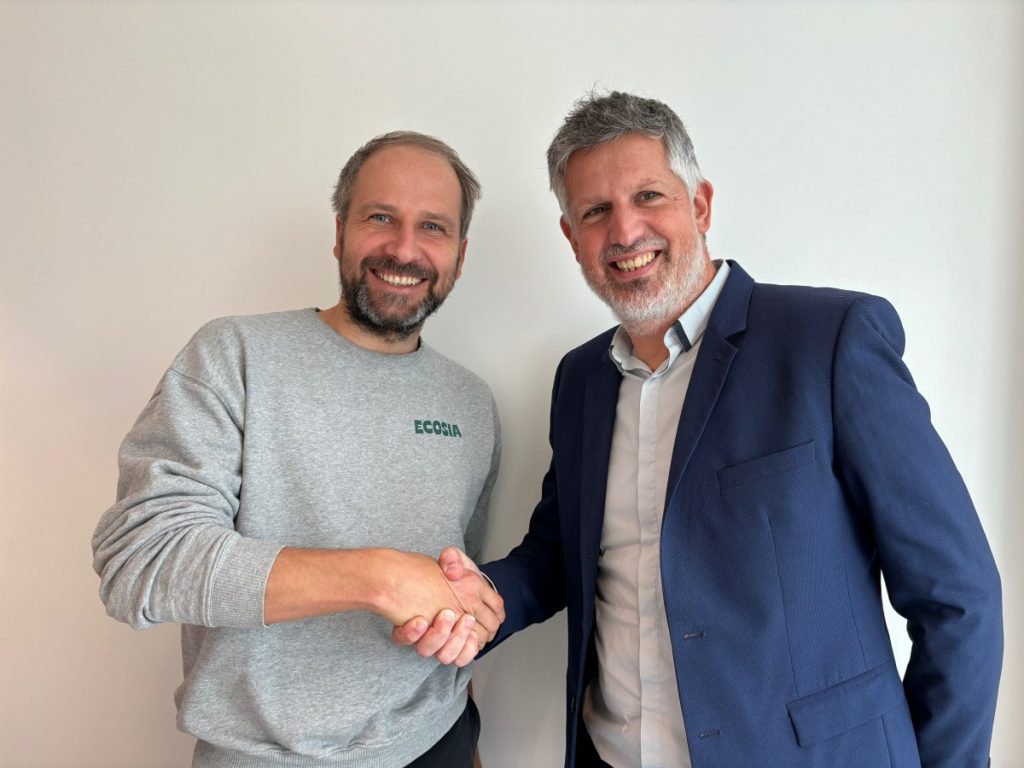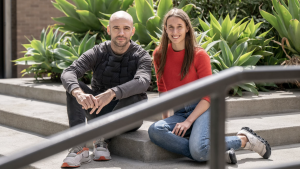Ecosia and Qwant Leap Towards Independence from Big Tech

Ecosia and Qwant are uniting to create their own search index, moving away from reliance on Big Tech.
- The collaboration aims to spark innovation in search engine technology using generative AI.
- The joint venture addresses rising API costs and seeks European tech sovereignty.
- Open to partnerships, Ecosia and Qwant aim for rapid development and expansion.
- European Search Perspective (EUP) plans to deliver privacy-focused search results on a large scale.
Ecosia and Qwant, two independent European search engines, are taking a bold step toward autonomy by collaborating on a new venture to develop their own search index. This partnership is driven by a shared mission to reduce dependency on Big Tech, particularly Microsoft and Google, whose search indexes they currently rely on. The duo aims to innovate their platforms with advanced technologies like generative AI, while also addressing the increasing costs of using external search APIs.
By creating their own index, Ecosia and Qwant hope to lower operational expenses and establish a robust foundation for developing new products. Although they will continue to collaborate with major platforms, the focus is on creating more sustainable and independent technology. Their ambition aligns with a broader trend in Europe seeking greater technological sovereignty.
The project, named European Search Perspective (EUP), will allow other European firms to join, either as customers or through partnerships. This openness reflects a forward-thinking approach to industry collaboration. As Qwant’s CEO Olivier Abecassis affirms, there is an eagerness to move quickly and effectively leverage existing shareholder support to accelerate technological development.
Christian Kroll, CEO of Ecosia, highlights the opportunity presented by the current AI landscape and supportive European regulations. The partnership between these companies is not just about search technology; it represents a wider strategic push for shared European data sovereignty and technological advancement. Ecosia is enhancing its efforts with significant user data, while Qwant contributes its technical acumen and innovative approach.
The new index aims to serve traffic for both Ecosia and Qwant initially in France by early next year, with expansion plans targeting Germany and English-speaking markets soon after. This timeline underscores their commitment to swift and meaningful implementation. The venture is set to significantly diversify and enhance search results across regions, with Qwant’s engineering expertise at the helm.
While the task of building a new search index is complex, Qwant and Ecosia are determined to construct a privacy-first model from scratch, distinct from their competitors. Unlike other search engines that may mimic Google or Microsoft’s techniques, EUP’s approach is unique. They focus on indexing a wide range of documents without relying on user-personalized data, ensuring a privacy-first guarantee.
EUP will be headquartered in Paris, allowing for strategic leadership and operations within European borders. The vision shared by Qwant and Ecosia is of a robust search infrastructure that can withstand potential geopolitical shifts, ensuring European users retain digital independence and privacy. This independence is crucial during times of global uncertainty.
Abecassis and Kroll stress the importance of this initiative not just for economic reasons, but as a reflection of growing European concerns over technological reliance on non-European entities. Their privacy-first approach aims to provide a competitive alternative to Big Tech, ensuring users receive diverse and unprejudiced search results. This initiative signals a transformative period in how search technology will evolve and be defined by European standards.
Ecosia and Qwant’s joint venture sets a new precedent in search technologies with a focus on privacy and independence from Big Tech.





